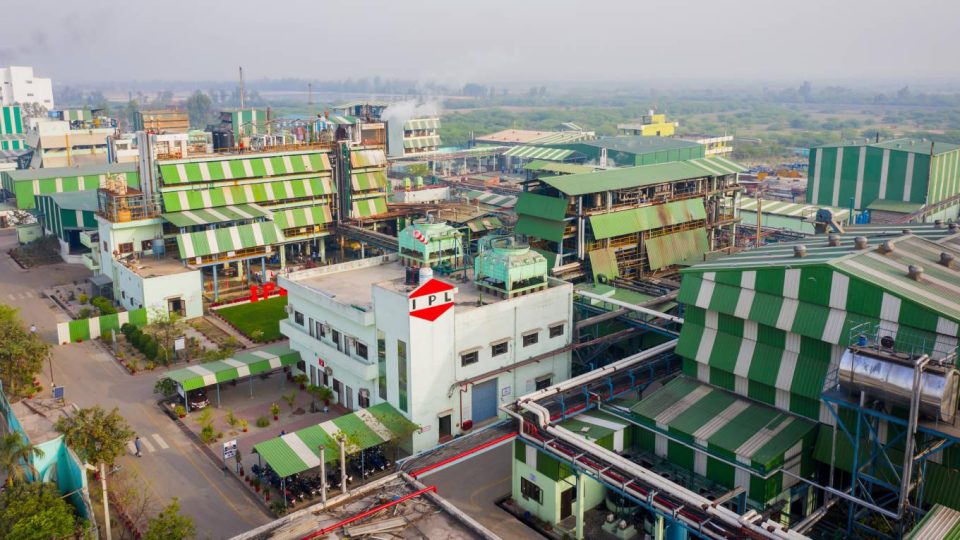Shares of India Pesticides Ltd (IPL) rose 11% to Rs 268.55 on the BSE in Wednesday’s intraday trade in an otherwise weak market after the government granted environmental clearance for the proposed project activity.
The company’s wholly-owned subsidiary, Shalvis Specialties Ltd (SSL), has received an environmental permit from the Ministry of Environment, Forest and Climate Change (Impact Assessment Division), Government of India, to establish a manufacturing plant for agrochemicals and intermediates, active pharmaceutical ingredients (API) Ingredients & Intermediates and Fine Chemicals Manufacturing Plant located in Hamirpur District, Uttar Pradesh.
IPL shares were up 9% at Rs 264.95 at 10.48 am, while the S&P BSE Sensex was down 0.06%.
IPL manufactures various pesticides (technicals and formulations) and pharmaceutical intermediates. Agrochemicals accounted for about 95% of the company’s total sales, while pharmaceutical intermediates accounted for about 5% of the company’s total sales in FY22. While the company sells a range of formulations under various brands in the Indian market, IPL’s focus is on manufacturing technology (mainly fungicide-based). IPL’s products are well-known in Indian and International markets.
However, the sales and profitability of the pesticide industry are primarily dependent on the agroclimatic conditions prevailing in the domestic and global markets. However, to mitigate risk, IPL has diversified its sales geographically. The company is present in all central states of India and has access to the pesticide markets of more than 25 countries.
The pesticide industry is characterized by a high degree of fragmentation, with no single player possessing a significant market share. Intense competition leads to competitive pricing and lower profit margins. Fierce competition and focus on generic drugs have resulted in competitive pricing and lower profit margins in the domestic market. However, CARE Ratings said in its rationale that its growing emphasis on export-led growth had shielded the company from margin pressure.







